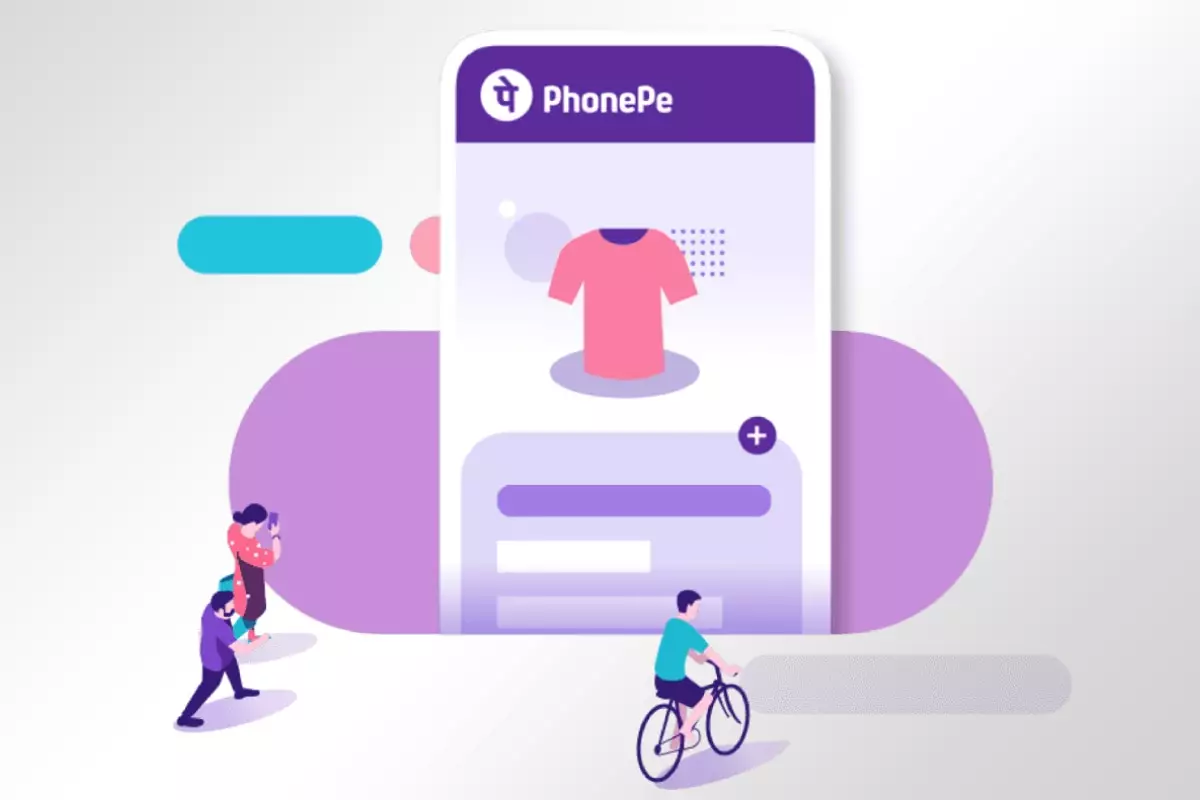India’s digital payment landscape is undergoing remarkable transformations, with advancements that seek not only to simplify transactions but also to foster financial inclusivity. PhonePe has recently introduced its UPI Circle feature, designed to allow a primary user to delegate payment powers to secondary users without necessitating their own bank accounts. While the intentions behind such innovations are commendable, we must critically assess both the psychological and socioeconomic ramifications of allowing widespread access to digital payments under this new framework.
The primary aim of UPI Circle is to expand the Unified Payments Interface (UPI) within households and small communities, ultimately broadening economic engagement. This is an exciting breakthrough for those who remain outside the traditional banking system. However, beneath this “inclusiveness” lies a labyrinth of questions about financial literacy, empowerment, and underlying dependencies that could orchestrate a false sense of security among users who are not familiar with financial management.
Delegation or Dependency?
At its core, UPI Circle operates on a dual model — Partial Delegation and Full Delegation — that promises flexibility for primary users while granting secondary users a tailored approach to spending. While this might appear beneficial, it dances dangerously close to fostering a dependency culture. The Partial Delegation mode necessitates that every transaction requires approval from the primary user, which could reinforce financial oversight but also undermine secondary users’ autonomy. Conversely, the Full Delegation mode allows secondary users a spending limit up to ₹15,000, enabling nearly free rein to make purchases without immediate oversight.
One cannot help but question whether such mechanisms truly empower users or merely cultivate complacency. Are we genuinely enabling these secondary users to participate in economic activities, or are we shackling them to the whims of their primary user? Trust is inherently a part of any financial relationship, but when a significant amount of discretion lies with a single user, how equitable is that setup for accountability?
The Financial Literacy Gap
While UPI Circle presents an innovative solution for known relationships, it rests on the assumption that both primary and secondary users possess an intrinsic understanding of financial management. In Indian society, where a vast majority may not have received comprehensive financial education, this new model risks exacerbating existing inequalities. Secondary users, often seen as less experienced in financial navigation, could fall prey to overspending or inadequate control over their financial destinies.
The limitations imposed — including transaction caps and monthly spending limits — may offer a semblance of control for primary users, but they hardly mitigate the risks tied to a lack of financial understanding. The disparity in digital financial literacy is a critical issue that PhonePe, and indeed the entire financial sector, must confront if UPI Circle is to be viewed as an empowering tool rather than yet another mechanism for surveillance and restriction.
Balancing Innovation with Responsibility
As PhonePe and competitors like Google Pay embrace this new feature, it’s crucial to balance technological innovation with a strong sense of social responsibility. Supervised spending can, in theory, promote responsible financial behavior; however, the potential downsides cannot be dismissed lightly. Without proactive measures to enhance financial literacy and safety nets to protect the vulnerable, the emergence of UPI Circle may inadvertently recreate new forms of economic disparity.
Companies in the digital payment ecosystem must prioritize user education alongside development to pave the way for a system that encourages empowered financial decision-making. They should not only see the introduction of features like UPI Circle as an opportunity for market penetration but also as a responsibility to ensure that their users are equipped to navigate this new terrain.
In effect, the imminent challenge for PhonePe and similar platforms lies in shifting the focus from mere transaction facilitation to fostering an environment where every user—regardless of their initial financial knowledge—feels confident in their ability to wield digital financial tools effectively. In essence, the promise of UPI Circle hinges not only on its technological prowess but also on the kind of social commitment that upholds welfare as a fundamental aspect of financial technology.


Leave a Reply